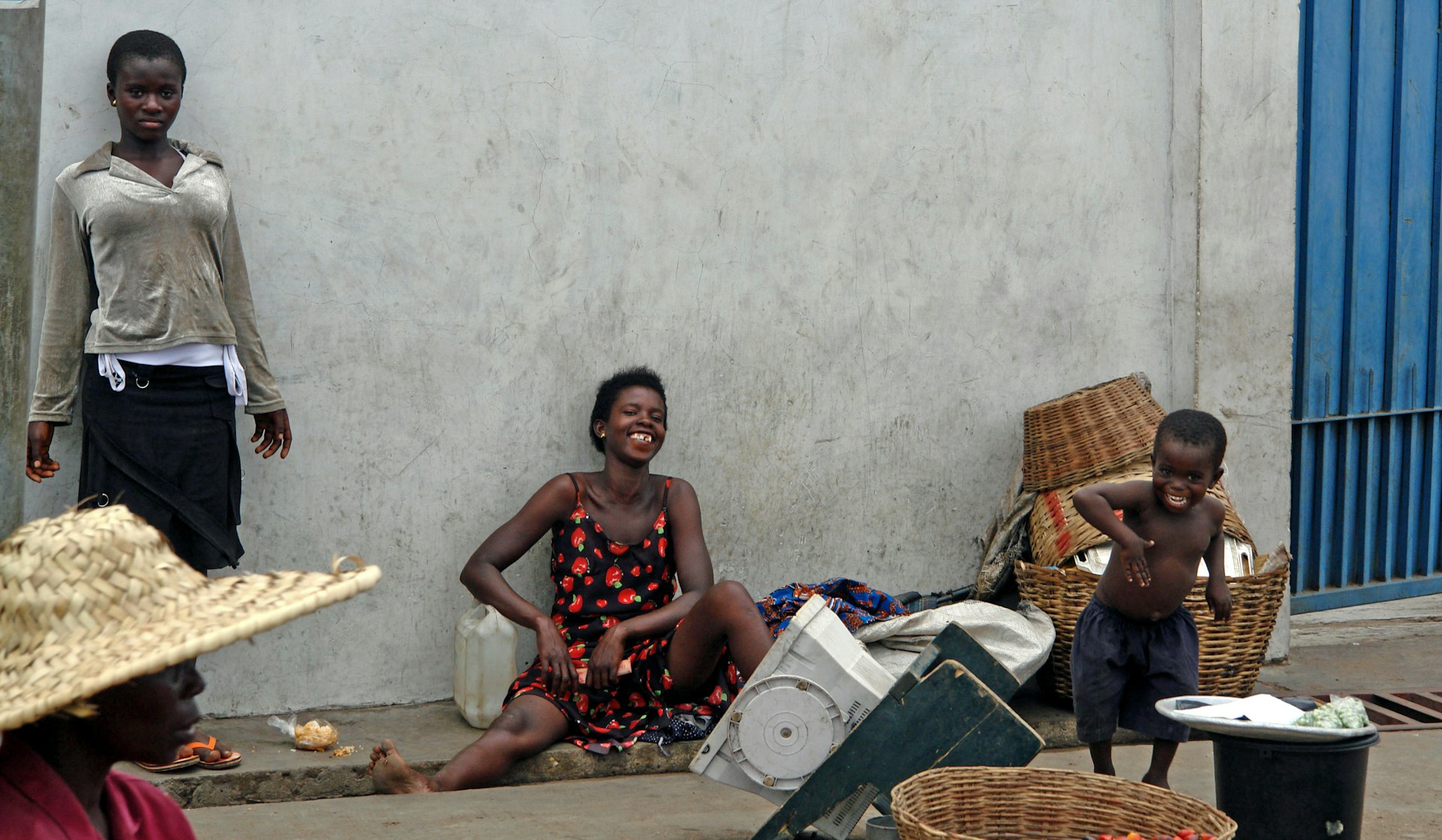UNICEF reports that one in 10 Ghanaians spends more than 30 minutes to access clean water. Additionally, around 76% of households in Ghana face the risk of consuming water contaminated with fecal matter, yet only 4% properly treat their water before drinking. According to Joyce, “Women would come with their big buckets, and fill it with clean water and put it on their head and carry it for miles to have clean water in their home.” Therefore, access to clean water in Ghana is challenging, prompting UNICEF to partner with the Ghanaian government to ensure safe drinking water for all citizens. This initiative addresses the significant role water plays in the poverty experienced across the country.
In Ghana, many homes are constructed from makeshift materials such as cardboard boxes or tin sheets discarded from trucks, leading to unsafe living conditions. These environments can cause health issues including asthma, poisoning, injuries and respiratory infections. Hence, addressing Ghana’s housing crisis is crucial, and various organizations alongside the Ghanaian government are taking steps to improve the situation. The government has introduced a revised national affordable housing program aimed at reducing the housing deficit, which is a significant step toward ensuring safer living conditions.
Overcoming Educational Barriers
Thousands of children in Ghana miss out on education due to overcrowded classrooms, a shortage of supplies and textbooks and often, teachers lack adequate training. Joyce stated, “They have to pay for their education, it wasn’t free. So only those who had a farm would fund their children.” Given this, UNICEF collaborates with Ghana’s Ministry of Education and Ghana Education Service to ensure all children can access and benefit from education, addressing financial barriers to schooling. This initiative is crucial as education directly influences poverty reduction in Ghana.
Guardians in Abomosu aspire to provide their children with broad opportunities. Joyce highlighted, “Most of the time if you are born in Abomosu, you die in Abomosu. Parents wanted their children to know that there was a better world outside of the village.” Parents in Ghana make great sacrifices to send their children on educational field trips to Accra, recognizing the value of learning and experiencing life beyond their village.
Moreover, such opportunities are crucial for children’s development, offering insights into the world outside their immediate surroundings and playing a key role in building a better future. These experiences are instrumental in combating the cycle of poverty in Ghana by broadening children’s horizons and enhancing their educational journey.
Addressing Adolescent Pregnancy
Ghana faces significant challenges with adolescent pregnancy, especially among girls aged 15 to 19, with a birth rate of nearly 76 out of 1,000 births in this age group. In addition, these early pregnancies often lead to health risks and limited support resources. The Ghana Education Services and the Girls Education Unit are collaborating to develop guidelines aimed at preventing pregnancy and assisting young mothers in returning to school, thereby reducing the impact of poverty through educational support for young women.
Poverty in Ghana: Future Impact
Ghana’s concerted efforts to address agricultural reliance, water accessibility, housing conditions, educational barriers and adolescent pregnancy lay the groundwork for significant advancements in overcoming poverty. Moreover, these initiatives promise a brighter future where every Ghanaian can access the essentials for a healthy and productive life, breaking the cycle of poverty and opening new pathways for the nation’s growth.
– Abby Trussell
Abby is based in Rexburg, ID, USA and focuses on World News for The Borgen Project.
Photo: Unsplash
 Ghana, known as the “island of peace,” is located on the West Coast of Africa, an area often described as one of the most chaotic regions in the world. Agriculture, the nation’s primary sector, employs about 40% of the workforce. However, the country continues to face challenges, with a 2022 World Bank report revealing that approximately 27% of Ghanaians lived below the poverty line due to high inflation and slow economic growth. In an interview with Joyce Bingham, the Borgen Project delves into poverty in Ghana, examining its consequences, obstacles and feasible remedies.
Ghana, known as the “island of peace,” is located on the West Coast of Africa, an area often described as one of the most chaotic regions in the world. Agriculture, the nation’s primary sector, employs about 40% of the workforce. However, the country continues to face challenges, with a 2022 World Bank report revealing that approximately 27% of Ghanaians lived below the poverty line due to high inflation and slow economic growth. In an interview with Joyce Bingham, the Borgen Project delves into poverty in Ghana, examining its consequences, obstacles and feasible remedies.